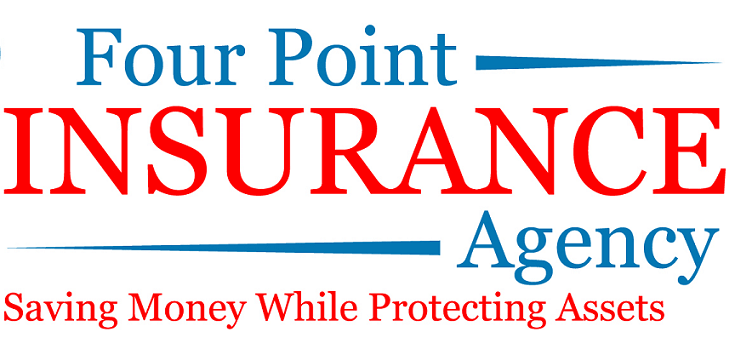
In business, a crisis can be many things: A negative comment on social media that has gotten way out of hand, unexpected bad PR, a cyberattack, or a prolonged period of uncertainty that your company needs to navigate through – such as the current COVID-19 pandemic.
All these situations have one thing in common: No matter how much you want to prepare for them, they can’t ever fully be predicted. But as they happen, the way you handle them speaks volumes: 90% of consumers say they are likely to shop with a brand that responds well to crises. If you think that hard times aren’t exactly your moment to shine, better think twice.
Even in moments where you are left speechless, your audience is waiting for your reaction. So, what is it going to be?
Do: Stay informed
You aren’t expected to know the answer to everything, but your crisis management should still be well-informed. Take time to understand how your audience is feeling, scan social media, dive deep into your CRM insights, and study the latest market trends (such as the current coronavirus search trends).
Companies don’t exist in a vacuum, and there’s a lot to learn from competitors and other brands that have great know-how to share. Whether in business or life, when looking to master something, it pays off to look around and study the environment first – and it’s the same with crises. This way, your response will be well-guided and anchored in reality.
Do: Be careful with the banter
When dealing with a crisis, turning to humor may seem tempting. After all, it’s an incredibly effective tool both in terms of engagement and bringing your community together. However, your efforts to lighten the mood might not always hit the right note – especially when the issue at hand is serious.
Just like avoiding being tone-deaf, don’t shoot out messages that could come across as insensitive. You don’t want to deal with a crisis within a crisis; being extra careful with your tone will save you from writing up apologetic posts after.
Do: Think long-term
It goes without saying that while crises are normally considered temporary, we never know how they will evolve. Don’t even try to wait things out – and craft a plan instead. Your communication now will help your cause in the future, so think strategically.
Whether in the current pandemic or when facing a customer service conflict, don’t make it your priority to maximize profits. Yes, you might save some dollars by not offering compensation, but maintaining a relationship is priceless. Don’t focus on the conversion, but on the conversation – and show that you’re truly willing to lend a helping hand.
Don’t: Only stick to catch-all communication
In a crisis, you are likely to make company-wide statements. But don’t stick only to general communication – you could miss out on some potent conversations. Even in difficult times, there’s still a need for segmentation and personalization.
According to EY, it’s key to demonstrate that customer interests are your priority and address all concerns directly. Reach out to affected customers and offer assistance where appropriate. You can also create and share a FAQ document that outlines specific questions. In the COVID pandemic, this can include supply chain updates, reopening information, your health and safety practices, and any potential risks to your customers if they continue supporting your business.
Don’t: Say too much
There’s a big difference between reacting impulsively and responding thoughtfully. When crafting your crisis response, don’t go overboard: You don’t want to spam your audience with too many emails – listing every update or reaction just to make it seem like you’re in full control.
Opt for more simple, genuine, and regular updates. Your golden rule should be to be helpful. Share only the most important messages, such as the measures you are taking to handle the crisis, any updates on your company policy, and information on where the audience can reach you should they need to talk. Most importantly, don’t just talk at your customers; instead, make sure they feel that you are here to support them.
Don’t: Try too hard to be perfect
Honesty is always the best policy: A crisis is a crisis, and there’s no need to pretend otherwise. Rather than sticking to business as usual or trying to shrug the problems away, acknowledge the situation, and connect with all the parties involved – your stakeholders, partners, employees, and customers.
Crisis communications can feel like running through a landmine field. There’s no simple way to get through it, but that is exactly why handling it well can be so rewarding.
Tereza Bízková, Senior Writer at Publicize, a digital PR agency. She has a Master’s degree from Durham University and possesses experience in research, security analysis, and public relations. At her current role, Tereza focuses on designing and executing content strategies for brands and innovative startups.

Comments are closed